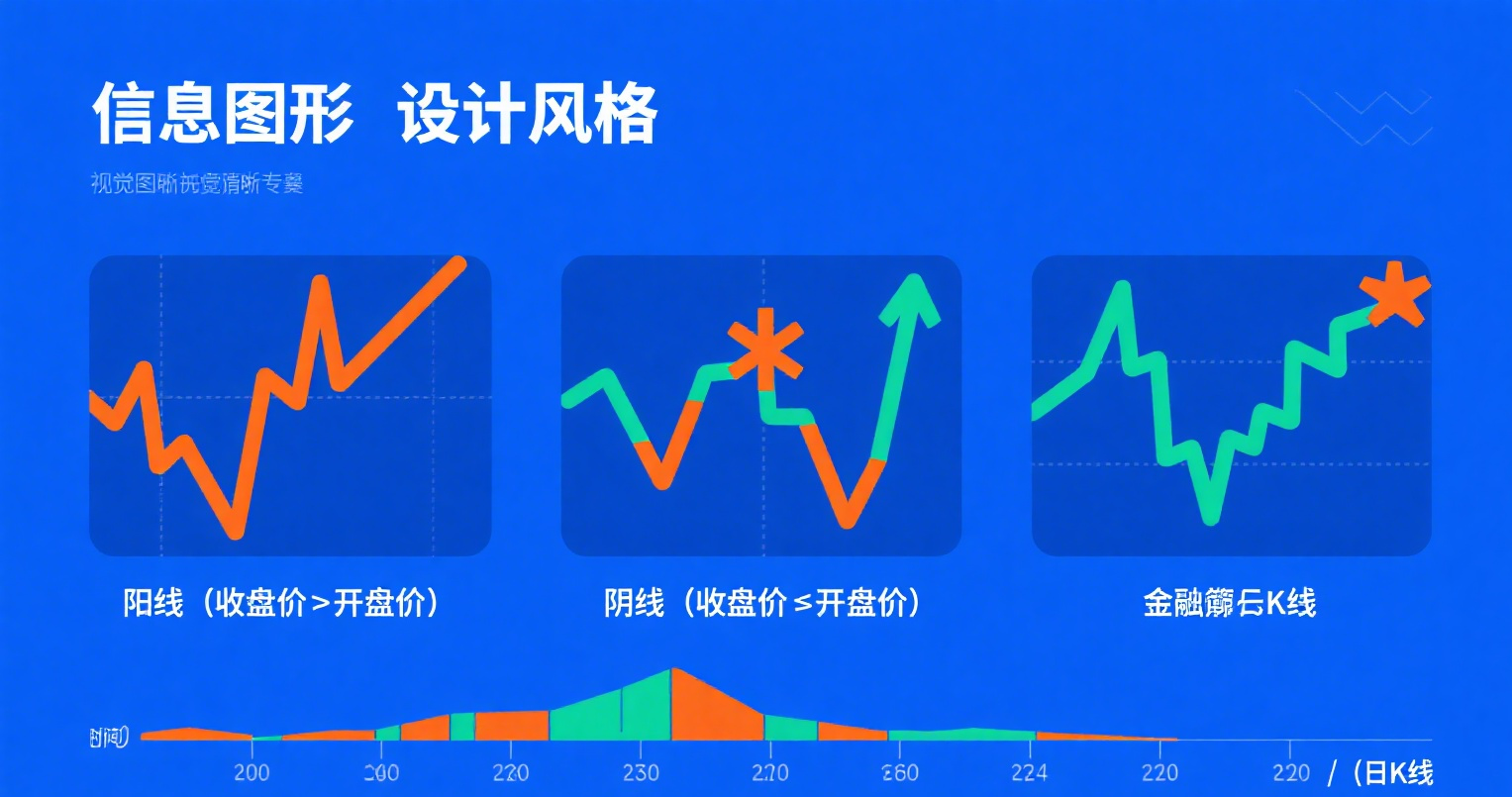
The Laws of the Stock Market
Understanding how to make money is the first step to profiting in the stock market. However, understanding alone belongs to the realm of "knowledge," and since there is a vast gap between "knowing" and "doing," mere understanding is insufficient—action is required. Taking action in the stock market is particularly difficult because it involves overcoming human weaknesses.
What are these weaknesses?
Humans are driven by emotions and desires, with greed and fear being the most relevant to stock trading. Actions taken under the influence of greed or fear often become distorted, deviating from rational knowledge. The philosopher Wang Yangming even argued that if one fails in "action," they do not truly possess "knowledge" (paraphrased). This raises the bar for what constitutes genuine understanding. Generally, emotions only exert short-term effects, so to grasp the patterns of short-term market movements, one must first recognize market sentiment. Understanding the evolution of human emotions is the core element in mastering short-term stock fluctuations—this is one of the fundamental laws of the market.
Beyond human psychology, there are other critical aspects of stock market behavior. Let’s explore them further.
Second, the stock market is the monetization of cognition.
This principle is foundational because all profits can be seen as returns on cognitive insights—a core concept in information economics, also known as "information rent." Conversely, incorrect cognition leads to losses. Mindless trading may occasionally yield profits due to luck, but luck is random and cancels out over time. This explains why "money made from luck is eventually lost again."
Third, stock prices are influenced by multiple factors.
These include fundamentals, information, sentiment, and broader market trends. Some factors are fast-changing (short-term), while others are slow-moving (long-term). At any given moment, one dominant factor usually drives price movements. Identifying this factor is key. If the market collectively acknowledges it, the stock price will appear to be dictated by it.
Fourth, going against human nature is essential for trading success.
As the saying goes, "It's easier to change the course of a river than a person's nature." Some are naturally suited for trading, but ordinary people can also cultivate this ability, at least partially.
The stock market is an arena where human nature converges. Those who overcome their psychological weaknesses already possess the basic conditions for profitability—this is also a major source of alpha returns. Because human nature is amplified in the market, most people’s predictions about future trends are often wrong. If the majority are bullish, it means most are already invested, leaving no one to "carry the sedan chair" (push prices higher), making a decline more likely—and vice versa.
Fifth, discipline is the best tool to counteract human weaknesses.
With strict discipline, losing money in the market becomes difficult. Yet most fail at this, which is why losses are so common—especially in short-term trading, which is effectively a zero-sum (or rather, negative-sum after fees) game. Only a disciplined minority profits, while the majority break even or lose.
In summary, profiting in the stock market requires understanding its underlying laws—specifically, the patterns of price movements. As analyzed above, stock prices are influenced by numerous factors, making short-term predictions highly uncertain. However, in the long run, a stock’s price is intrinsically tied to the discounted value of its future cash flows, though this relationship may manifest abruptly (e.g., flat for three years, then surging in one). In the short term, prices are often driven by a dominant factor—be it fundamentals, trends, sentiment, or liquidity. To predict short-term movements, one must identify this factor, analyze it rigorously, and act cautiously. Only then can one harness the market’s laws to their advantage.















